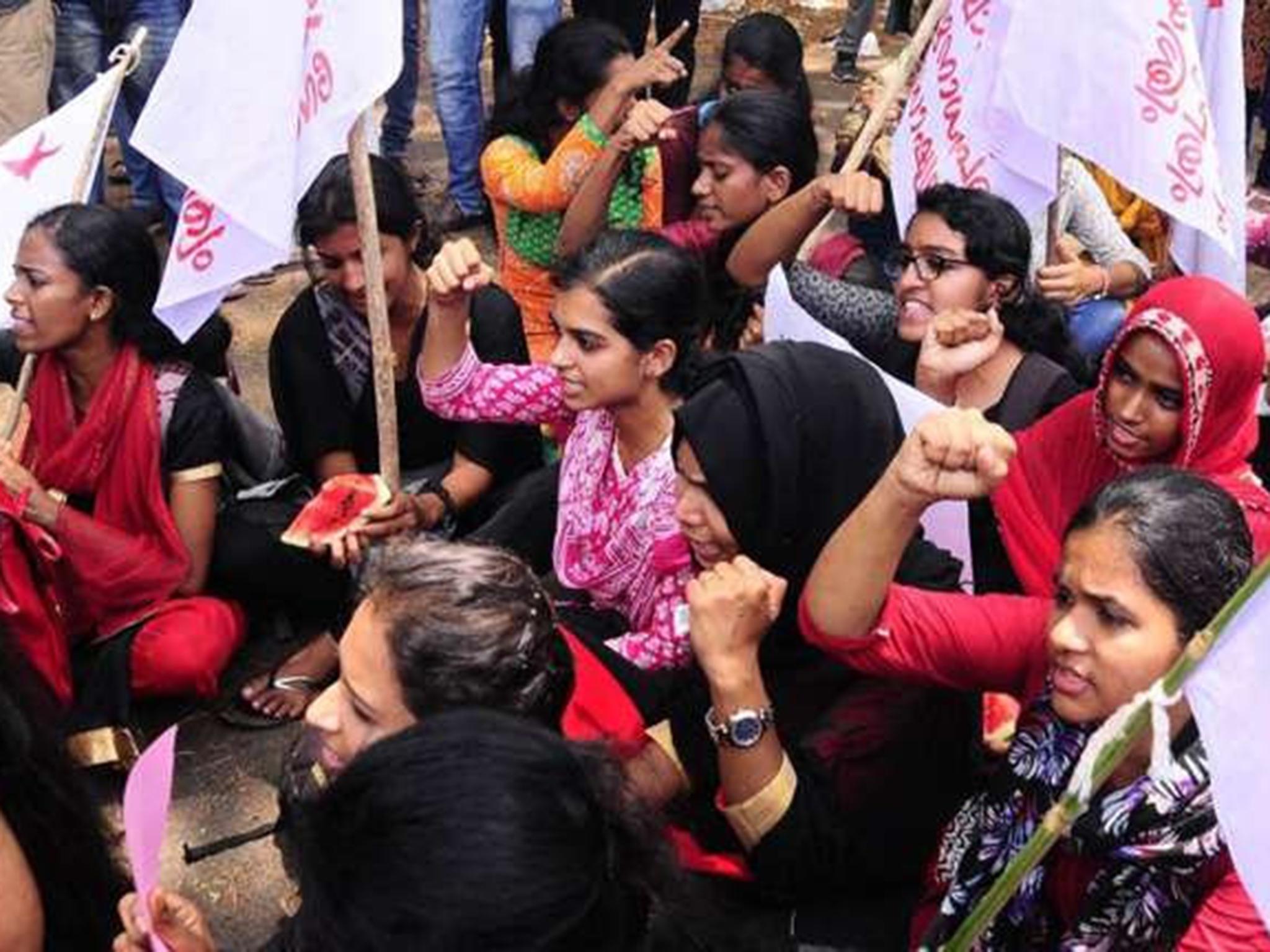A feminist approach to international development is one way we can reduce global inequality
Evidence suggests that more equal societies are also better societies: they have fewer health and social problems; are less internally divided and are better able to sustain economic growth


What kind of world is it that we are forging?
Ask the elites running it – or the 42 richest people in the world, who last year accumulated more wealth than the poorest half of humanity. They would probably tell you that we are headed in the right direction, and that the fruits of our global economy are trickling down to ordinary people.
But ask the four billion people now living on less than $5 a day, or the 65 million refugees on the move, or the 75 per cent of people in the global South living in societies where income is more unequally distributed now than it was in the 1990s, and you might just get a different answer.
If you won’t hear it from Oxfam – whose research shows that the richest 1 per cent of the population accumulated 82 per cent of the global wealth generated last year – then listen to the International Monetary Fund (IMF), who say loudly and clearly that inequality is hurting our economies.

Evidence also suggests that more equal societies are also better societies: they have fewer health and social problems; are less internally divided and are better able to sustain economic growth.
But talk is cheap. Well-intentioned reports and speeches abound: think only of Theresa May’s first speech on the steps of Downing Street, when she claimed she would tackle inequality in the UK. How long ago that now looks.
What is missing in practice is political will. What is missing are governments that are prepared to take on the vested interests in their societies, rather than being beholden to them.
Right now, the UK currently spends our international development budget only on reducing poverty. But pretending that charity alone will stop the worst effects of a broken global economic system on people’s lives simply doesn’t cut it any more.
That same economic model is funnelling wealth into the hands of a few, but making life worse for the many. And it is killing our planet in the process.
There are five priorities that can help tackle the root causes that lie at the heart of that systemic inequality, poverty and climate change: a fairer global economy; a movement for public services; a feminist approach to international development; a new approach to building peace and preventing conflict; and action on climate justice and ecology.
There should be a radical second goal, alongside poverty reduction, for all the UK’s international development spending: to fight inequality. In practice, that means that everything the Department for International Development does – every project, every partnership, every pound spent – will need to demonstrate it is making the world fairer, as well as less poor. This is the plan I’ve set out in Labour’s new policy paper.
Labour will explicitly help partner countries that receive British aid to narrow the income gap between the top-earning 10 per cent and the bottom-earning 40 per cent in their societies.
We will help them measure that gap between the top 10 per cent and bottom 40 per cent, ideally halving it by 2030 and removing it entirely by 2040, so that the combined incomes of the 10 per cent do not exceed those of the bottom two-fifths.
We will play our part, for example, by helping countries end tax avoidance and invest in their own public services: think how our own NHS has levelled things up for society in the UK.
Unlike the Tories, we are serious about tackling the root causes of inequality, by building a fairer global economy that is no longer rigged in favour of an elite few. We will certainly face the opposition of vested interests along the way, who will not like it.
But for those suffering around the world while a few get rich, it is the right thing to do. It is time for our aid policy to be about social justice, not charity.
We could not be more ready to start building a world that truly works for the many, not the few. Next time Theresa May or the IMF lampoon inequality, ask not whether the words sound good, but whether they can be trusted to mean it, and to deliver on it. On global inequality, we need a government ready not just to talk, but to act.
Kate Osamor is Labour MP for Edmonton and Shadow Secretary of State for International Development
Join our commenting forum
Join thought-provoking conversations, follow other Independent readers and see their replies
Comments
Bookmark popover
Removed from bookmarks